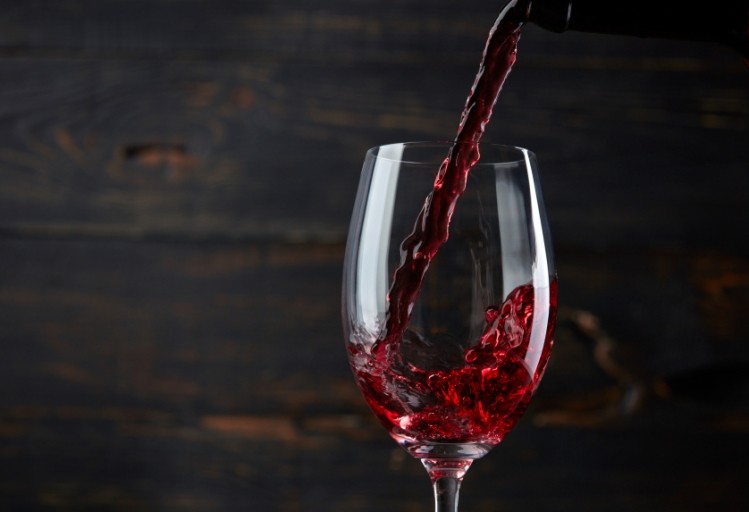EFSA uncorks EU market for DSM’s synthetic trans-resveratrol

In the opinion, EFSA said daily doses of up to 150 mg per day as a food supplement in capsule or tablet form for adults did not raise safety concerns.
The application was filed by Dutch-based nutrition giant DSM, which already markets its 99% pure synthetic trans-resveratrol brand resVida in the US where it achieved Generally Recognized as Safe (GRAS) status back in 2012.
The EU novel foods application was originally filed in the same year, with the Food Safety Authority of Ireland (FSAI) approving the application for doses of 450 mg per person per day (7.5 mg/kg body weight/day).
The application was subsequently okayed by the European Commission in 2013, however it hit objections when it was put to other member states.
Concerns were raised over various safety points including potential toxicity.
DSM told NutraIngredients EFSA's opinion "confirmed the consumer safety" of its resveratrol product.
The member states asked that studies suggesting resveratrol could induce hot flushes for post-menopausal women and lower metabolic rate at rest for obese men be addressed, as well as potential interactions between resveratrol supplements and medicines.
It was noted that the proposed maximum daily intake of resveratrol of 450 mg per day was exactly the acceptable daily intake, meaning any other intake of resveratrol from natural sources would exceed this limit.
After addressing each concern, EFSA’s dietetic products, nutrition and allergies (NDA) panel said: “Considering the weight of evidence, the Panel concludes that the intended intake level of 150 mg/day for adults does not raise safety concerns.”
EFSA said negative in vivo genotoxicity analysis was enough to rule out concern based on the positive in vitro tests of chromosomal abnormalities.
The panel did however consider that the metabolite trans-resveratrol sulfate could inhibit CYP enzymes in humans and may interact with medicines which are mainly metabolised by one such enzyme, CYP2C9.
The novel opinion addressed safety only and did not address efficacy of resveratrol with regard to any claimed health benefit.
Resveratrol, perhaps best known as a compound found in red wine as well as berries, has been intensely investigated for around a decade for its potential benefits for cardiovascular health.













